Scoring Criteria
Our Metrics
Gender Fair rates companies based on UN SDG#5: Gender Equality — internally and in the communities they serve.
Gender Fair rates companies on a 100-point index assessing five key areas:
The Data We Use
The current iteration of public data was collected in 2024 from publicly available sources including annual reports, corporate social impact reports, sustainability reports, and company websites. Our ratings also incorporate credible, independent, third-party data from a number of sources, including the U.S. Securities and Exchange Commission as well as ABX, Equileap and Equilar. The data collection and evaluation timelines of these sources may differ from ours.
Due to the rigor of the validation process for Gender Fair Certified companies, evaluations of public companies are conducted once per year, and ratings are valid for one year from the date of validation, regardless of changes within Gender Fair or the rated organization.
If a foreign company has a U.S. division with its own executive committee and board, we will use the data for the U.S. division in our ratings. When rating foreign companies, we include their programs and policies in the U.S., and not in other markets.
We take every effort to ensure the accuracy of the data, and contact each company to give them the opportunity to confirm. Individuals and companies are invited to submit a request for correction for any information they believe is incorrect.
If you represent a publicly held company, and have questions about your company's rating, please contact us at research@genderfair.com.
